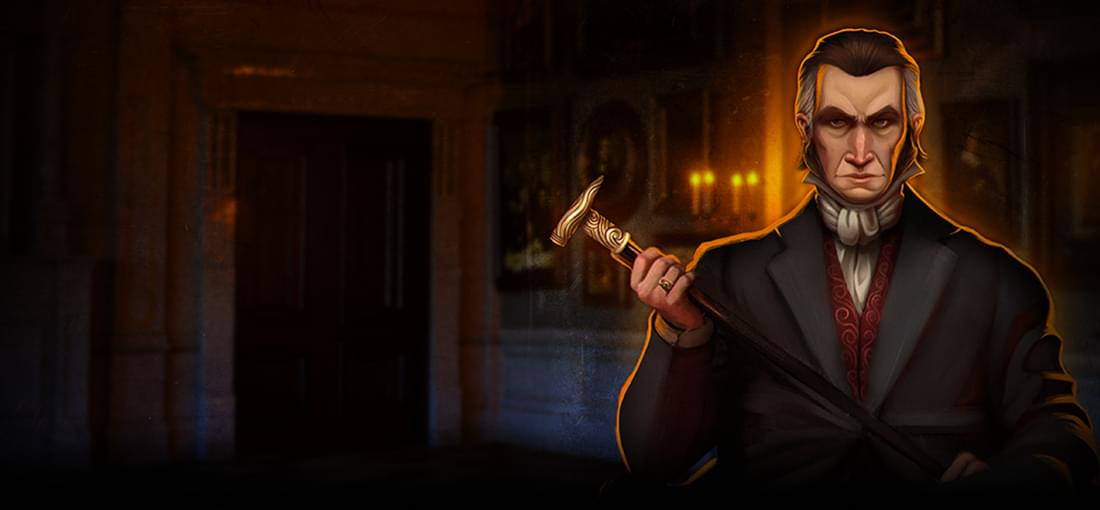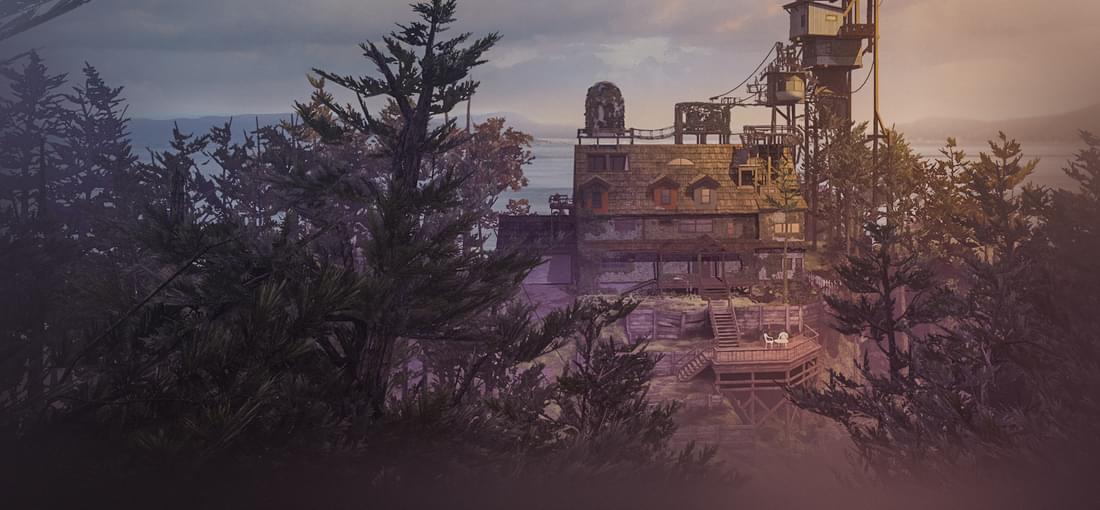


Voilà un jeu purement conçu pour les amateurs de casse-tête pas trop compliqués et sans background nébuleux à la Myst, et qui exécute son contrat... correctement. L'histoire est cousue de fil blanc et sa conclusion expéditive, l'atmosphère est soignée, à peine entachée de quelques bugs (comme les sons de craquements de plancher pas du tout synchronisés avec vos pas) et d'une traduction française approximative quand elle ne se fend pas de néologismes. Les énigmes, elles, sont d'un niveau très équilibré, et l'on regrette que le jeu n'offre pas l'option de désactiver le recours à la touche H (aide quand notre intellect se trouve trop fatigué pour avancer). A l'arrivée, le vrai atout du jeu reste la taille du manoir qui fait durer le plaisir (et celui de consulter la carte pour s'y retrouver entre toutes ces pièces). Déception prévisible : la rejouabilité est nulle. Recommandé avec une grosse remise.

One segment of "What Remains of Edith Finch" best exemplifies how at odds I am with the wide acclaim this game gets. A number of reviewers call that segment imaginative, emotional, a high point. As for me, I cannot help calling it inappropriate, insensitive, abysmal. Yes, I'm talking about "Gregory's Story". Gregory is one of the tragically-departed members of a seemingly cursed family. You play the game from their viewpoints as each one moves toward his/her doom, with a voice-over narration giving some perspective about it. The special thing about Gregory is that he's a baby, which makes his death all the more gruesome. However, the game makes matters worse with its baffling way of sweetening the horror: while the player is asked to make Gregory progress towards his inescapable fate in a playful way, the voice-over assumes that he's been spared from agony by his own imagination. I doubt I've ever seen such a misplaced, exploitative use of the cliché about that "fantasy world" innocent babies supposedly create for themselves. The so-called "sensitivity" about death and tragedy and loss displayed throughout the game appears here as an artificiality built upon questionable storytelling tricks. That is just the worst-advised segment of a game so plagued by clumsiness as a whole, I can hardly understand how it could have been received so well. As a walking simulator, it tries to stand out by switching viewpoints, and gameplays as well, since each victim's story has its own gameplay. The execution of such an intriguing principle turns out to be a letdown, yielding a mishmash of mini-games of uneven quality, where some really nice ideas (e.g. one where you have to play asynchronously with your left and right hand, in an ominous progression) meet some terrible choices, messy controls, ugly use of the first-person perspective. All in all, I find myself unable to rate this game higher than "mediocre", and adding its questionable narration draws it even lower in my opinion.